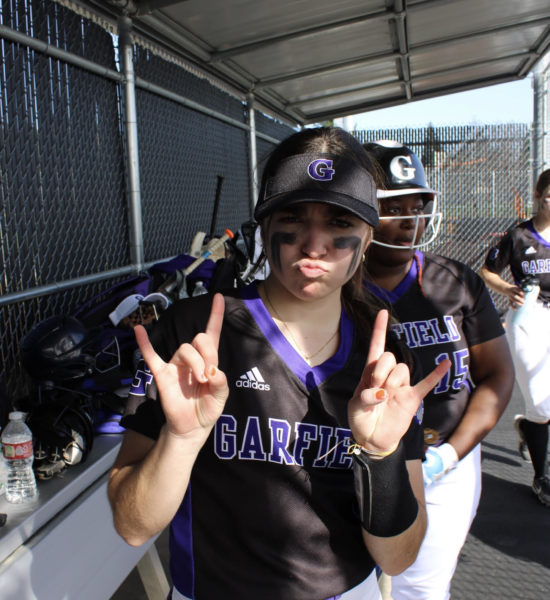Being a student-athlete in today’s world is a balancing act, especially when everything from school to sports takes first priority. It can be difficult to find breathing room in a non-stop schedule that demands from every corner of your life, so what are some key things to keep in mind?
The biggest challenge of being a student-athlete is the mental game– something many people look past. “Pressure” is a privilege of being a dedicated student-athlete, but it’s also something that can take a serious toll on one’s mental wellbeing. Feeling pressure can come from many places including parents, coaches, teammates, and teachers, but let me tell you that 90% of the pressure student-athletes feel comes from within themselves.
While pressure can be constructive and fuel self-motivation, it can also cross a line and turn into destructive self-criticism. Senior athlete Sarah Lessig reflected, “From yourself you can make up so many things… your mind will just keep spinning.” When a student-athlete’s own expectations rise higher each day it becomes impossible to meet them, thus leading to a never-ending chase of overworking. Lessig said, “Not overworking is a skill that you develop from overworking. “It takes the experience of being overworked to figure out how to not put yourself in that position again and not push yourself past those limits.”
How do you turn pressure into a privilege, rather than a burden?
By learning how to balance your priorities. “If you’re in a position where you are contributing to a lot of things… everybody is going to be wanting to take something from you, or to get something out of you, and you’re the only person who can really look out for yourself.” Lessig said. She went on to emphasize the importance of prioritizing needs including sleep, nutrition, and recovery, “Otherwise, you’re just going to be trying to provide more than you can.”
Studying for finals while juggling practice, games, and strength training is no easy feat. However, this ambitious mindset is achievable if you learn how to balance it all. Lessig emphasized the importance of time management, “Sports would be my first priority for two to four hours a day, and I make sure that that’s the only thing I’m thinking about for that time period.” She continued to explain how she does the same for school, “I don’t think about sports during school, because otherwise it’s not manageable.”
But being a student-athlete doesn’t mean those two things define you. “I would say it’s really really important to have things outside of school and sports.” Lessig said. In fact, it’s difficult to succeed when your life becomes overtaken by work. “Without knowing that there are things outside of school and sports, [it] will get to a point where they’re so consuming that you feel like failure is the worst thing in the world.” Enjoying hobbies and relationships are important in maintaining a healthy balance in a busy life, “The fact that those other things exist and also matter makes the stressful things possible.”
When you want to be good at everything at every moment of every day, the pressure piles up and crushes you down. But when you learn how to find the right balance, your hard work will pay off and it can feel extremely rewarding. Lessig concluded, “Just knowing that it’s not all life is about is the best way to manage the performance stress. There’s more to life.”





